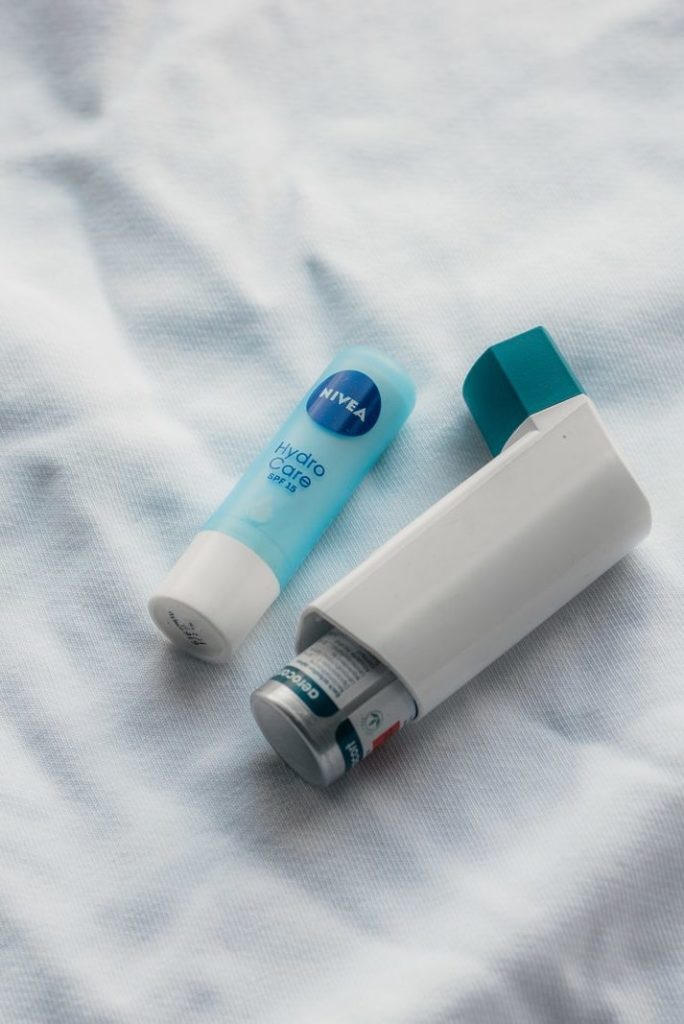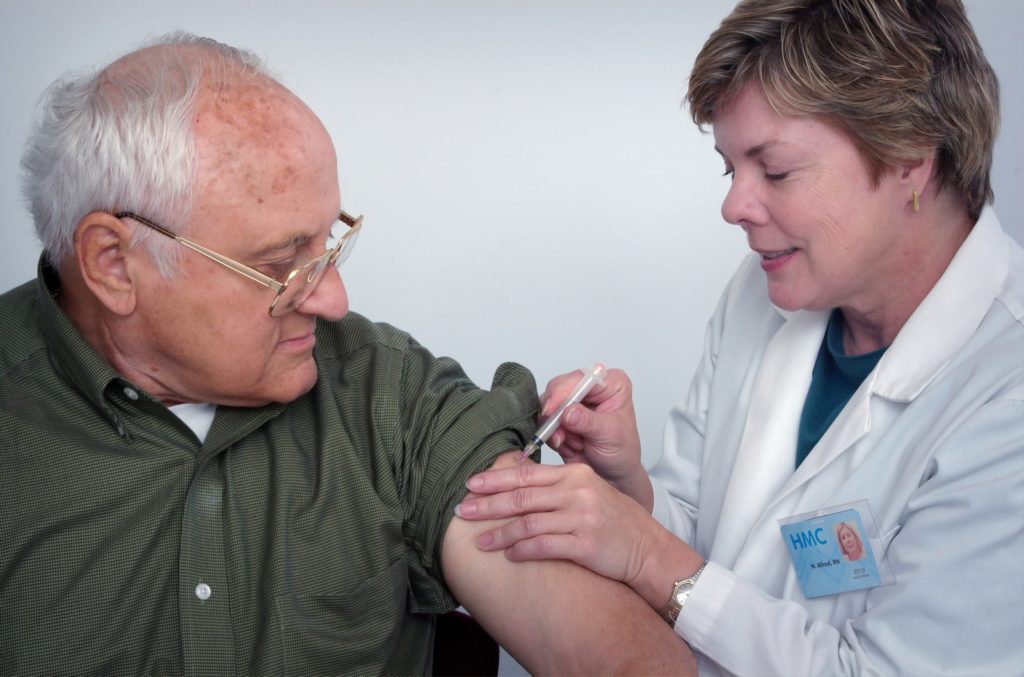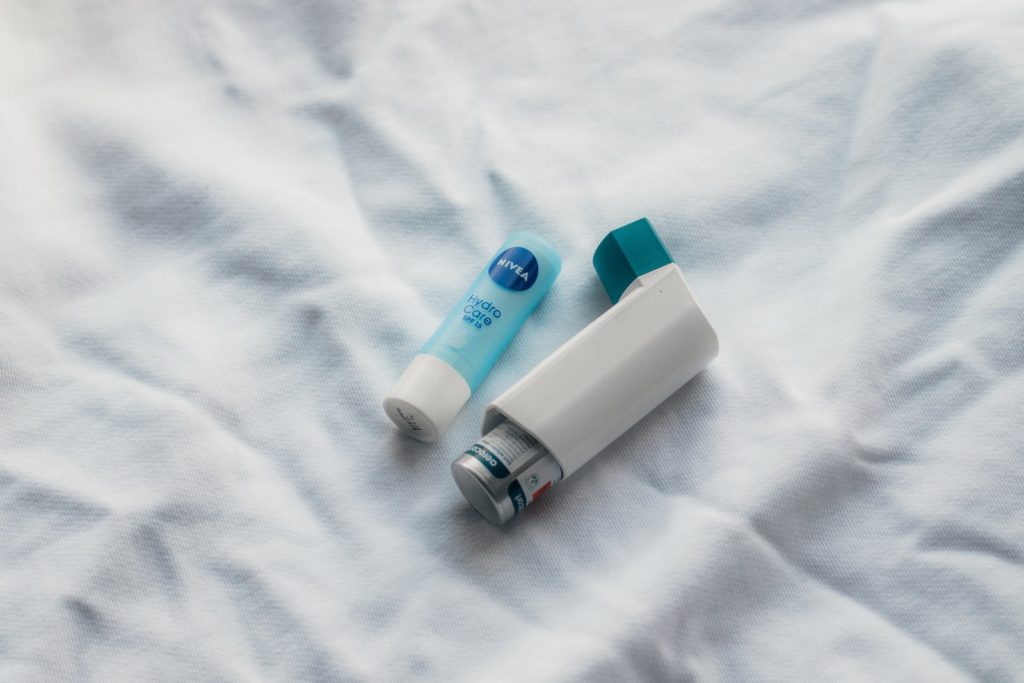Flu Injections
Please information on our Covid/Flu Vaccination page
Covid/Flu Vaccination Programme – Allesley Park Medical Centre
Immunisation for Foreign Travel
Do you need vaccinations?
Our Nurse can provide comprehensive travel health advice and arrange for appropriate immunisations. Please arrange an appointment for a travel consultation at least 8 weeks before departure. Vaccines need time to take effect and some may require a course over several weeks.
Select the region you are travelling to find out more.

If you’re planning to travel outside the UK, you may need to be vaccinated against some of the serious diseases found in other parts of the world.
Vaccinations are available to protect you against infections such as yellow fever, typhoid and hepatitis A.
In the UK, the NHS routine immunisation (vaccination) schedule protects you against a number of diseases, but does not cover all of the infectious diseases found overseas.
When should I start thinking about the vaccines I need?
If possible, see the Nurse or a private travel clinic at least 8 weeks before you’re due to travel.
Some vaccines need to be given well in advance to allow your body to develop immunity.
And some vaccines involve a number of doses spread over several weeks or months.
You may be more at risk of some diseases, for example, if you’re:
- travelling in rural areas
- backpacking
- staying in hostels or camping
- on a long trip rather than a package holiday
If you have a pre-existing health problem, this may make you more at risk of infection or complications from a travel-related illness.
Which travel vaccines do I need?
You can find out which vaccinations are necessary or recommended for the areas you’ll be visiting on these websites:
Some countries require proof of vaccination (for example, for polio or yellow fever vaccination), which must be documented on an International Certificate of Vaccination or Prophylaxis (ICVP) before you enter or when you leave a country.
Saudi Arabia requires proof of vaccination against certain types of meningitis for visitors arriving for the Hajj and Umrah pilgrimages.
Even if an ICVP is not required, it’s still a good idea to take a record of the vaccinations you have had with you.
Find out more about the vaccines available for travellers abroad
Where do I get my travel vaccines?
First, phone or visit the GP practice or practice nurse to find out whether your existing UK vaccinations are up-to-date.
If you have any records of your vaccinations, let the GP know what you have had previously.
You should also ask if the GP practice is signed up to provide free NHS vaccinations for travel, as not all GP practices are.
If the GP practice does not provide NHS vaccinations for travel, you can try a:
- private travel vaccination clinic
- pharmacy offering travel healthcare services
The GP or practice nurse may be able to give you general advice about travel vaccinations and travel health, such as protecting yourself from malaria.
They can give you any missing doses of your UK vaccines if you need them.
Not all travel vaccinations are available free on the NHS, even if they’re recommended for travel to a certain area.
If the GP practice is signed up to provide NHS travel vaccines, these can be provided to you free of charge.
Other non-NHS travel vaccines may be charged for by the GP.
If the GP practice can give you the travel vaccines you need but they are not available on the NHS, ask for:
- written information on what vaccines are needed
- the cost of each dose or course
- any other charges you may have to pay, such as for some certificates of vaccination
Which travel vaccines are free?
The following travel vaccines are available free on the NHS if your GP practice is signed up to provide vaccination (immunisation) services.
- polio (given as a combined diphtheria/tetanus/polio jab)
- typhoid
- hepatitis A
- cholera
These vaccines are free because they protect against diseases thought to represent the greatest risk to public health if they were brought into the country.
Which travel vaccines will I have to pay for?
You’ll have to pay for travel vaccinations against:
- hepatitis B
- Japanese encephalitis
- meningitis vaccines
- rabies
- tick-borne encephalitis
- tuberculosis (TB)
- yellow fever
Yellow fever vaccines are only available from designated centres.
The cost of travel vaccines that are not available on the NHS will vary, depending on the vaccine and number of doses you need.
It’s worth considering this when budgeting for your trip.
Other things to consider
There are other things to consider when planning your travel vaccinations, including:
- your age and health – you may be more vulnerable to infection than others; some vaccines cannot be given to people with certain medical conditions
- working as an aid worker – you may come into contact with more diseases in a refugee camp or helping after a natural disaster
- working in a medical setting – a doctor, nurse or another healthcare worker may require additional vaccinations
- contact with animals – you may be more at risk of getting diseases spread by animals, such as rabies
If you’re only travelling to countries in northern and central Europe, North America or Australia, you’re unlikely to need any vaccinations.
But it’s important to check that you’re up-to-date with routine vaccinations available on the NHS.
Pregnancy and breastfeeding
Speak to a GP before having any vaccinations if:
- you’re pregnant
- you think you might be pregnant
- you’re breastfeeding
In many cases, it’s unlikely a vaccine given while you’re pregnant or breastfeeding will cause problems for the baby.
But the GP will be able to give you further advice about this.
People with immune deficiencies
For some people travelling overseas, vaccination against certain diseases may not be advised.
This may be the case if:
- you have a condition that affects your body’s immune system, such as HIV or AIDS
- you’re receiving treatment that affects your immune system, such as chemotherapy
- you have recently had a bone marrow or organ transplant
A GP can give you further advice about this.
Non-travel vaccines
As well as getting any travel vaccinations you need, it’s also a good opportunity to make sure your other UK vaccinations are up-to-date and have booster vaccines if necessary.
If you have any records of your vaccinations, let the GP know what you have had previously.
People in certain risk groups may be offered extra vaccines.
These include vaccinations against diseases such as:
Read more information on NHS vaccines for adults and children to find out whether you should have any.
Blood Pressure Care
Diabetes
Diabetes is a lifelong condition that causes a person’s blood sugar level to become too high.
There are 2 main types of diabetes:
type 1 diabetes – where the body’s immune system attacks and destroys the cells that produce insulin
type 2 diabetes – where the body does not produce enough insulin, or the body’s cells do not react to insulin
If you’re diagnosed with diabetes, you’ll need to eat healthily, take regular exercise and carry out regular blood tests to ensure your blood glucose levels stay balanced.
You can use the BMI healthy weight calculator (https://www.nhs.uk/live-well/healthy-weight/bmi-calculator/) to check whether you’re a healthy weight.
People diagnosed with type 1 diabetes also require regular insulin injections for the rest of their life.
As type 2 diabetes is a progressive condition, medicine may eventually be required, usually in the form of tablets.
There are no lifestyle changes you can make to lower your risk of type 1 diabetes.
You can help manage type 2 diabetes through healthy eating, regular exercise and achieving a healthy body weight.
Our highly trained nurses offer comprehensive follow you up appointments for your diabetes. This includes regular blood monitoring, foot checks and make changes to your medications as deemed appropriate.
Diabetic eye screening
Everyone with diabetes aged 12 or over are invited to have their eyes screened once a year.
If you have diabetes, your eyes are at risk from diabetic retinopathy, a condition that can lead to sight loss if it’s not treated.
Screening, which involves a 30-minute check to examine the back of the eyes, is a way of detecting the condition early so it can be treated more effectively. This is arranged by the surgery at Canley and you will be informed about the same.
Useful links below:
www.diabetes.org.uk
www.desmond.nhs.uk
Asthma Clinic

Asthma is increasingly common but can be well controlled by modern treatment. All our Practice Nurses are fully trained in asthma management. They will help you to understand your asthma, give you advice on the use of your inhalers and how to vary the doses in different circumstances if appropriate. You will be invited to have an asthma review every year and the nurses will monitor your health and refer you back to the doctors if necessary.
Health Promotion Programmes
Practice Nurse Services


Nurses
Our highly qualified nurses have expertise in a range health concerns and disease management such as:
- Diabetes
- Asthma
- Health Checks
- Advice on Health Promotion
- Smoking Cessation
- Heart Disease Prevention
- Weight Loss
- Hypertension Review
- Immunisations
- Travel Immunisations
- Dressings
- Stitch Removal
- Cervical Smears
- Well Woman Checks
- Well Man Checks
- Blood Tests
- Contraceptive Advice
- Leg Ulcer Management
Health Care Assistants
Health Care Assistants duties include:
- Blood Tests
- Blood Pressure Checks
- Dressings
- Weight Loss
- Smoking Cessation
- Wound Care
- Suture removal
- Ecg
- B12/Pneumovax
- Flu
- NHS Health checks
- New patient checks
- Learning Disability Checks
- Assist with Minor Ops
As blood tests are allocated 5 minute slots, please can you ensure that your outer garments are removed prior to entering the room to save time.
Please note all appointments are by booking only.

Child Immunisations
Additional Information: Please see Vaccination Schedule for more information.